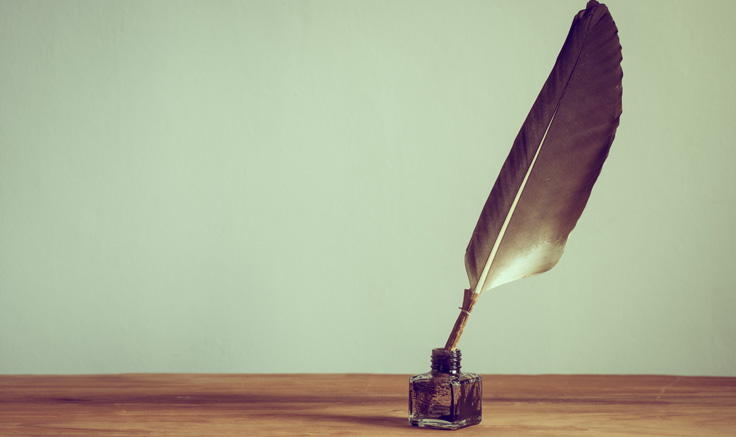
Plan your visit
Indiana Town Hall Series
October 19, 2010

History is the past, right? The stuff of long ago dates, names and places. History is what has happened. It is not what is happening or what is going to happen. History, then, is trivia.
Truthfully, in too many cases, history is nothing more than trivia. When history is used solely to create timelines and when historical facts? are spouted without an appreciation for the context in which those facts occurred, it is trivia.
As someone who loves the complexity, nuances and even the vagaries of history, this is heartbreaking. History can be dare I say should be the starting point from which our conversations about today and tomorrow begin. And not because some historical fact? from 80 years ago proves we?re going down a right or wrong path. (I am not a believer that we are doomed to repeat the past if we don?t know it. I tend to give humans a little more credit than that.) Rather, if we are willing to honestly look at our past, embrace its complexity and acknowledge the present-day baggage we bring to the table, history can used to better analyze current situations and choices.
That?s why the Indiana Historical Society created the Indiana Town Hall Series. IHS has always been dedicated to preserving and sharing Indiana?s rich history by being Indiana?s Storyteller.? Our job, however, is to not only preserve and share Indiana?s history, but to help make it relevant and meaningful.
This is why we are committed to programs such as the Indiana Town Hall Series.? We launched this series in 2008 by exploring the topic of immigration. This year we chose to examine the environment more specifically, we have invited historians, scientists, activists, attorneys and food producers to join us in conversation over the next three months to explore the environmental challenges and opportunities facing Indiana.
On Oct. 21, we?ll look at those challenges and opportunities from a state and regional perspective; on Nov. 18 from an urban perspective; and on Dec. 16 from a rural perspective. These programs at the History Center are free and include a reception from 6 to 7 p.m. (The actual program begins at 7 p.m.)
Come out and learn about Indiana?s environmental issues while also using history to have a thoughtful and respectful conversation with one another!
____________________








